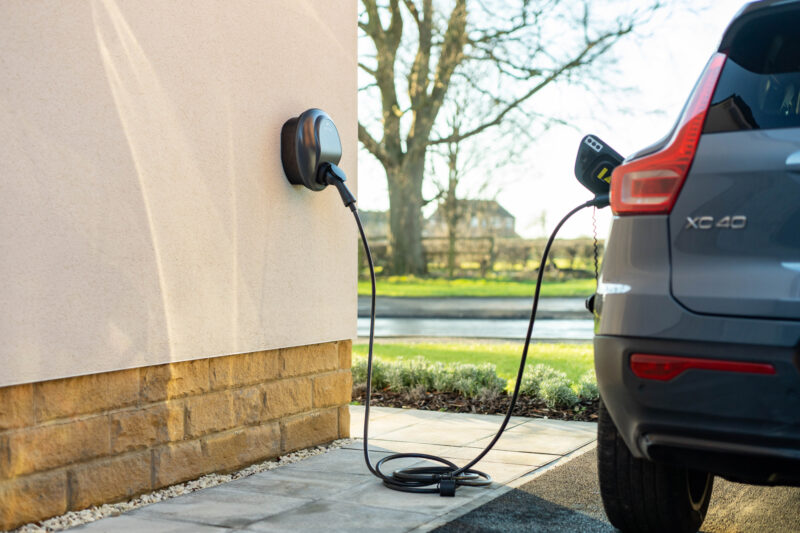In today’s fast-paced world, staying connected while on the road is more important than ever. Whether it’s for navigating with GPS, listening to music, or ensuring your smartphone is charged in case of emergencies, having a reliable car charger has become a necessity for most drivers.
What is a Car Charger?
A car charger is a small device designed to charge electronic gadgets using your car’s electrical system. Most commonly, they are used to power smartphones, tablets, or GPS devices, ensuring that these essential items stay functional while you’re on the move.
Types of Car Chargers
- USB Car Chargers
These are the most common types of chargers and typically plug into the car’s cigarette lighter or a dedicated power outlet. Most models come with one or more USB ports, allowing you to connect a variety of cables (USB-A, USB-C, etc.) based on your device’s needs. These chargers can support a wide range of devices, from smartphones to tablets and even laptops. - Wireless Car Chargers
Wireless car chargers offer a cable-free charging experience for devices that support wireless charging technology. Often combined with a phone mount, these chargers not only keep your phone powered but also secure it in a convenient, visible position for navigation. - Fast Car Chargers
With fast charging technology, these chargers can provide a rapid power boost to compatible devices in a fraction of the time compared to traditional models. Look for chargers that support technologies like Qualcomm Quick Charge or USB Power Delivery (PD) for enhanced charging speeds. - Solar Car Chargers
Solar-powered car chargers are an eco-friendly alternative, using sunlight to charge your devices. While not as fast or reliable as traditional electric chargers, they can be a great backup option for emergencies or when you’re off the grid.
Key Features to Consider
When selecting a car charger, it’s important to look at a few key features:
- Output Power: Measured in watts (W), output power determines how fast your device will charge. Higher wattage generally means faster charging speeds. For example, 18W to 30W chargers are typically fast enough for smartphones and tablets.
- Number of Ports: If you often travel with multiple devices, or if you share your vehicle with others, a charger with multiple ports can be useful. Some models offer up to four USB ports, allowing you to charge several devices at once.
- Compatibility: Ensure the charger is compatible with your devices, especially when it comes to fast charging. Some phones or tablets require specific charging standards, such as USB PD or Quick Charge.
- Safety Features: Look for built-in safety mechanisms like over-voltage protection, short-circuit protection, and temperature control to safeguard both your devices and your vehicle’s electrical system.
Benefits of Having a Car Charger
- Convenience: With a car charger, you never have to worry about your phone running out of battery while you’re on the road. Whether you’re taking a long road trip or just commuting to work, your devices stay powered and ready to use.
- Safety: Keeping your phone charged ensures that you can always contact someone in case of an emergency, which is particularly important if you’re traveling through remote areas.
- Productivity: If you frequently rely on navigation apps, music streaming, or podcasts while driving, having a charged phone becomes essential. A car charger allows you to continue using these apps without draining your battery.
Final Thoughts
In today’s digital age, car chargers have become more than just a luxury—they are an essential accessory for modern drivers. From USB to wireless models, there’s a wide range of options to suit your charging needs. By investing in a reliable car charger, you can keep your devices powered, stay connected, and ensure you’re always prepared for the road ahead.

